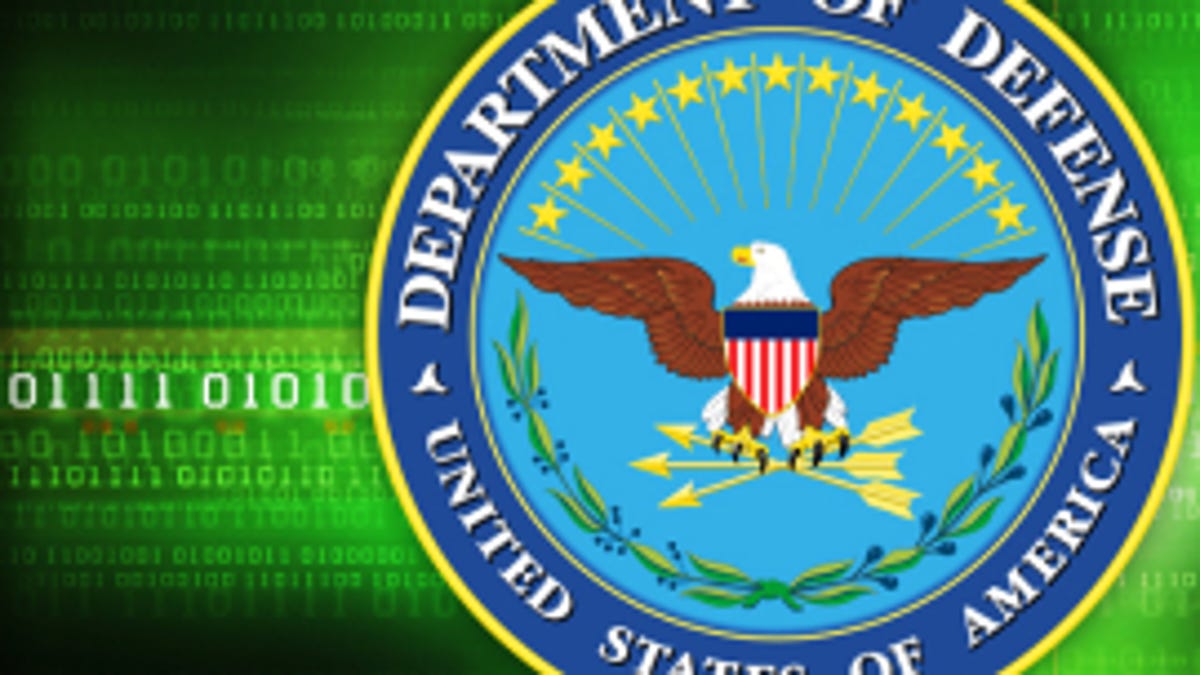Defense expert to U.S.: Hire hackers and wage cyberwar
Specialist tells The Guardian in an e-mail that there are about 100 "master hackers" in the world and the U.S. should try to bring them on board.

A top defense and cybersecurity expert says the U.S. should stop trying to take aim at expert hackers and start doing a better job of recruiting them.
"Let's just say that in some places you find guys with body piercings and nonregulation haircuts," U.S. Naval Postgraduate School professor John Arquilla said in an interview with The Guardian published today. "But most of these sorts of guys can't be vetted in the traditional way. We need a new institutional culture that allows us to reach out to them."
Arquilla argues that there are about 100 "master hackers" around the world that can break into just about any network. And although "most" of them are currently in Asia and Russia, the U.S. should do everything it can to hire them and allow them to launch cyberwar on the country's enemies. Arquilla specifically sees an opportunity for hackers to take down Al-Qaeda.
"This global network simply can't thrive without the World Wide Web and Internet," he said of Al-Qaeda. "It can't operate without it, or if it does, at a greatly reduced level."
Though Arquilla sees cyberwar opportunities for the U.S., the country is already doing quite a bit to take on its apparent enemies. According to reports, the U.S., with help from Israel, was behind the Stuxnet attack that targeted Iran's nuclear efforts, as well as the recently discovered Flame virus. China, which is quite active in the hacking community, has said that it needs to beef up its defenses to take on the U.S.
"The U.S. military is hastening to seize the commanding military heights on the Internet, and another Internet war is being pushed to a stormy peak," the Chinese military wrote in its official newspaper, Liberation Army Daily, last year. "Their actions remind us that to protect the nation's Internet security, we must accelerate Internet defense development and accelerate steps to make a strong Internet army."
In terms of defense, Arquilla says the U.S. shouldn't be concerned by one "cyber-Pearl Harbor." Instead, he believes that the U.S. could get hit by several small attacks that, over time, could cost "hundreds of billions of dollars."
So, which country is currently leading the way in hacking efforts? According to Arquilla, it's Russia. "They understand the strategic uses," he says.

